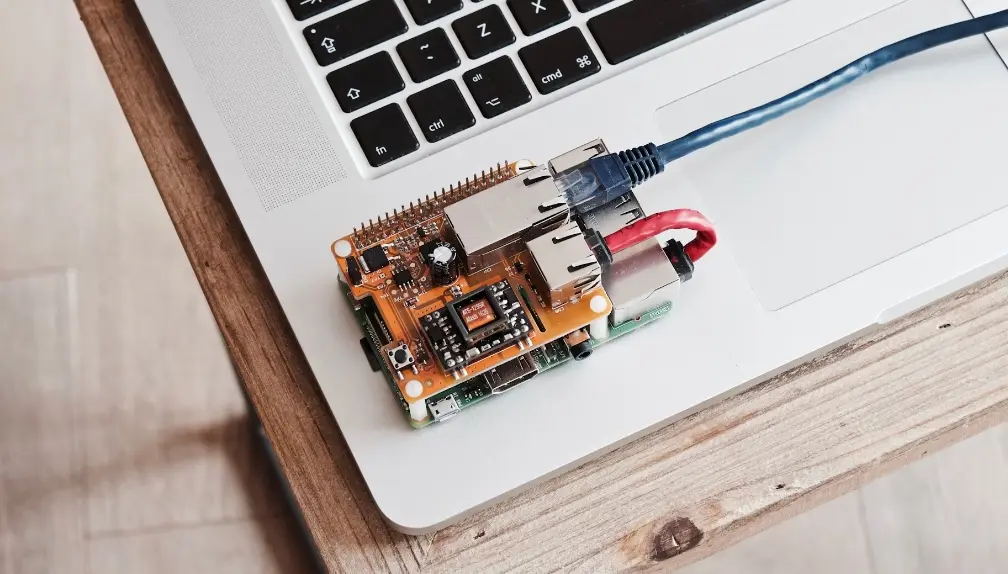
Which Products Require ANATEL Certification?
In Brazil, ANATEL (Agência Nacional de Telecomunicações, National Telecommunications Agency) is the government body responsible for regULating telecommunications equipment and services. Any device that connects to Brazilian telecom networks or uses the radio spectrum must obtain ANATEL's mandatory certification (known as "Homologação") to be legally sold, imported, or used in the Brazilian market.

Main Product Categories Requiring anatel certification
1. Telecommunications Terminal Equipment
- Landline telephones (wiRED phones)
- Fax machines
- Modems (xDSL, Cable Modem)
- Private Branch Exchange (PBX) systems
- Answering machines
- Telephone accessories (e.g., adapters that connect to the network)
2. Radio Communication Equipment
Mobile Phones and Smartphones
- The most common and largest category
Mobile Network Equipment
- Cellular network infrastructure (base stations, antennas, etc. — usually handled by operators)
- Cellular IoT modules (M2M)
Short-Range Wireless Devices
- Bluetooth devices (headsets, speakers, keyboards, MICe, beacons, etc.)
- Wi-Fi devices (routers, access points, network cards, repeaters, IoT devices, Wi-Fi-enabled appliances)
- Smart home protocol devices (Zigbee, Z-Wave, etc.)
- Near-field communication (NFC) devices
- Wireless microphones and headsets
- Remote controls (toys, garage doors, etc.)
Other Radio Devices
- Walkie-talkies
- Amateur radio equipment
- Radar devices (specific frequency bands)
- Satellite communication terminals (satellite phones, satellite modems, VSAT terminals, GNSS receiver modules like GPS, GLONASS, Galileo, BeiDou, etc.)
- Wireless medical telemetry devices
- RFID devices
3. Access Network Equipment
- Fiber optic network terminals
- xDSL user equipment
- Cable modem termination system (CMTS) user devices
- Power line communication devices
4. Accessories
Even if accessories themselves have no communication function, if they are specifically designed for use with devices that require ANATEL certification—and their performance or safety could impact telecom networks or spectrum—they may also require certification. Common examples include:
- Power adapters/chargers (especially for phones, routers, etc.)
- Removable batteries (especially for phones and similar devices)
- Data/charging cables (USB cables, etc.)
- Headsets (especially with microphones or wireless connectivity)
- Protective cases (if they affect RF performance or include integrated antennas)
- SIM card trays
Key Points Summary
- Core Standard:The requirement for ANATEL certification depends on whether the device connects to public telecom networks (fixed or mobile) or intentionally transmits/receives radio waves (using radio spectrum).
- Mandatory:ANATEL certification is legally required for the Brazilian market. Products without certification cannot be imported, sold, or used.
- Certification Types:
- Product Certification: Confirms the device meets ANATEL technical standards.
- Model Approval: Known as "Homologação", this is the final approval allowing a specific model to be sold in Brazil.
- Testing Requirements:Certification involves rigorous testing, including electrical safety, electromagnetic compatibility, specific absorption rate (SAR), and most importantly, radio performance (frequency, power, bandwidth, spurious emissions, etc.). Tests must be conducted in ANATEL-recognized laboratories following Brazilian technical standards.
- Local Representative:Non-Brazilian companies usually need to appoint a legal representative in Brazil to apply for and manage ANATEL certification.
Products That Typically Do Not Require ANATEL Certification
Devices that do not connect to telecom networks and do not use radio spectrum. Examples:
- Regular TVs (without network connectivity)
- Standard desktop computers (Bluetooth/Wi-Fi modules on motherboards require certification)
- Home appliances (unless integrated with Wi-Fi/Bluetooth)
- Pure software
- Non-electronic devices
If you plan to import or sell any electronic or telecom devices in Brazil, carefully verify whether the device falls under ANATEL’s jurisdiction. The most reliable approach is to consult a professional certification body or an ANATEL-accredited certification organization, which can provide accurate assessment and guidance for your specific product. Do not make assumptions, as penalties for selling uncertified products can be severe.
Email:hello@jjrlab.com
Write your message here and send it to us
 IEC 62471 Photobiological Safety of Lamps and Lamp
IEC 62471 Photobiological Safety of Lamps and Lamp
 New European Toy Standard EN 71-1:2026
New European Toy Standard EN 71-1:2026
 EN71 Series Standards Compliance February 13, 2026
EN71 Series Standards Compliance February 13, 2026
 European Toy Safety Standard EN 71-20:2025
European Toy Safety Standard EN 71-20:2025
 EN 18031 Certification for Connected Devices on Am
EN 18031 Certification for Connected Devices on Am
 Compliance Guide for Portable Batteries on Amazon
Compliance Guide for Portable Batteries on Amazon
 2026 EU SVHC Candidate List (253 Substances)
2026 EU SVHC Candidate List (253 Substances)
 LFGB Certification Cost and Timeline Guide
LFGB Certification Cost and Timeline Guide
Leave us a message
24-hour online customer service at any time to respond, so that you worry!




